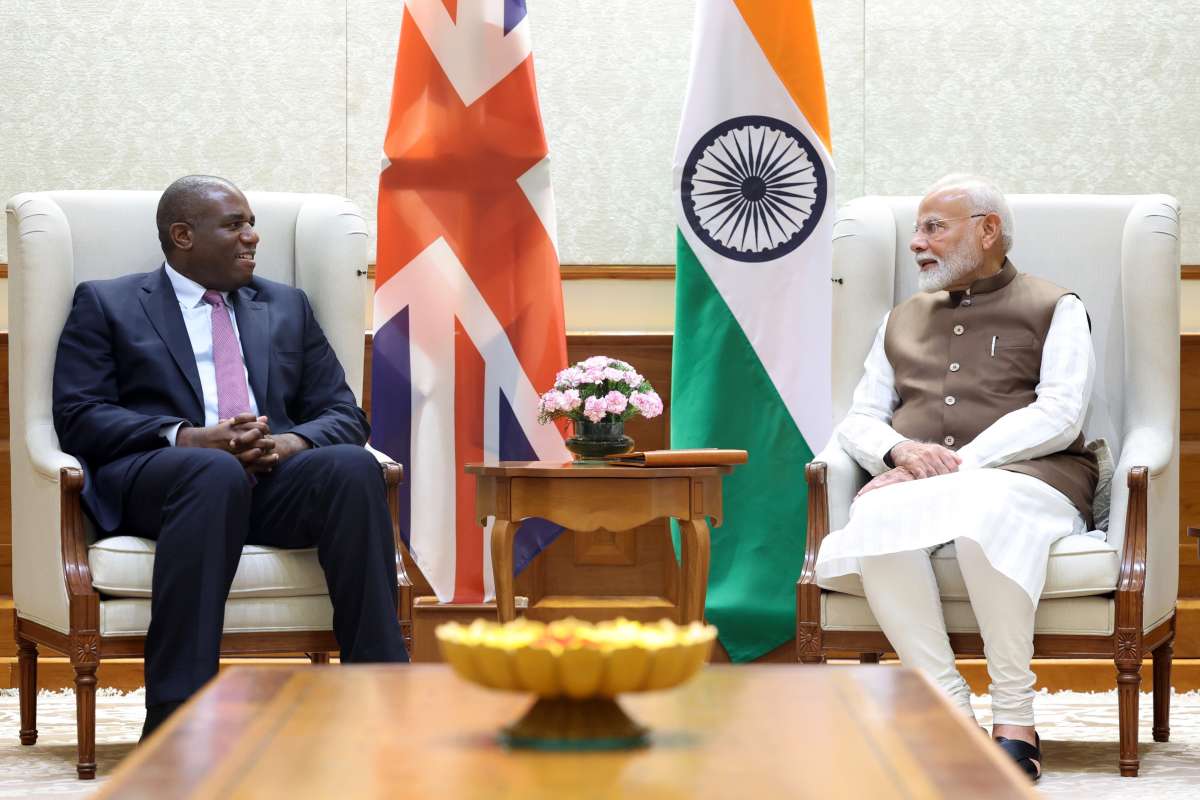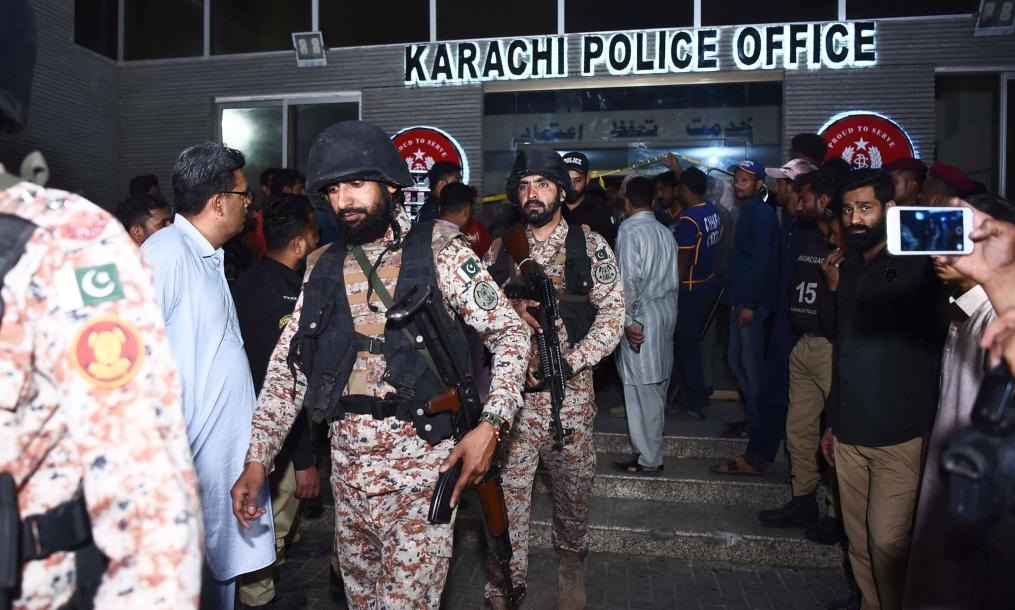The Technology Security Initiative (TSI) with the UK is an attempt to replicate the success of such an initiative undertaken by India with the US … writes Dr Rakesh Sharma
The victory of the Labour Party in the recent UK elections did initially send out a note of caution for India because of the former’s stance on certain sensitive issues in the past. That the Labour Party is keen to shed the ghost of the past aside and move on with building stronger ties with the world’s fifth largest economy became clear when Prime Minister Keir Starmer sent his new Foreign Secretary David Lammy to India is one such clear indication. This coupled with the fact that both sides officially announced the launch of the India-UK Technology Security Initiative (TSI) only reinforces the view of future fast forward. This is a positive development and one that it brings positive momentum to bilateral relations. While moving ahead, the past history of ties with the UK must not be forgotten as the ‘K’ word, meaning both Khalistan and Kashmir have been touchy issues in the bilateral format, often leading to a downward spiral in ties. Be as it may, the newly launched TSI should provide the strategic foundation for a stronger partnership between both countries.
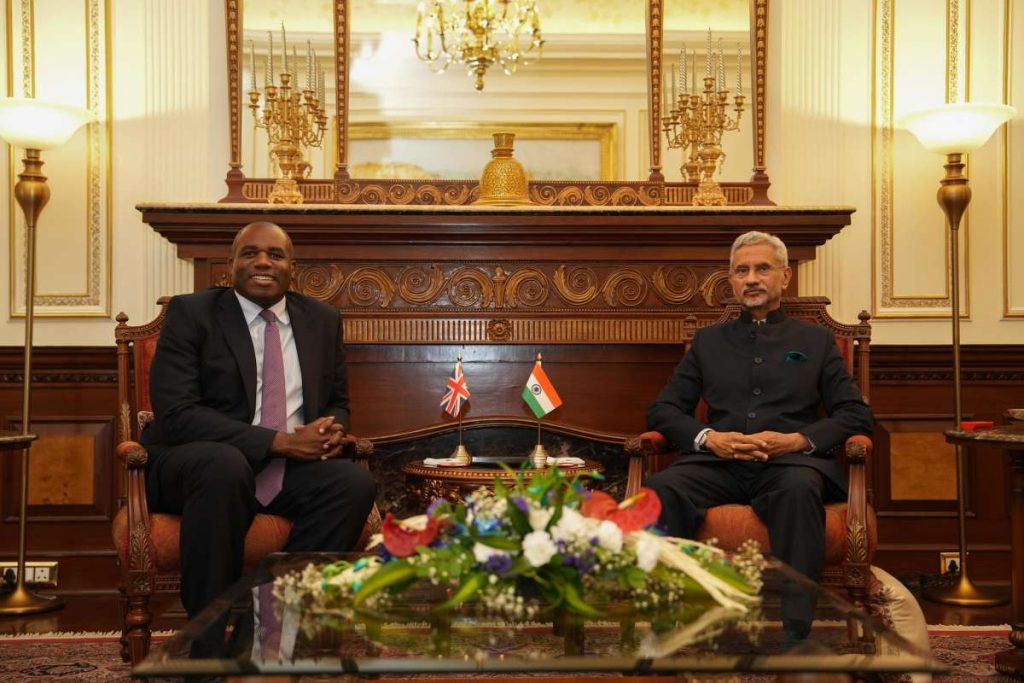
The TSI with the UK is an attempt to replicate the success of such an initiative undertaken by India with the US. With the US, the scope of engagement is much larger but this should not take away from potential for collaboration with the UK which can be more specific and focused. However, it is good to keep in mind that bilateral ties with the UK have the baggage of history and the tacit support to anti-India elements by both Labour and Conservative governments have harmed ties. However, the outreach by the newly elected Labour Government on the TSI signals a certain degree of continuity in ties with India. Speedy follow up action would send a signal that the Labour Party’s earlier anti-India stance, perceptible in the form of various statements on Jammu and Kashmir and Khalistan may recede into the background and perhaps leading to robust cooperation amongst the law enforcement agencies of both nations.
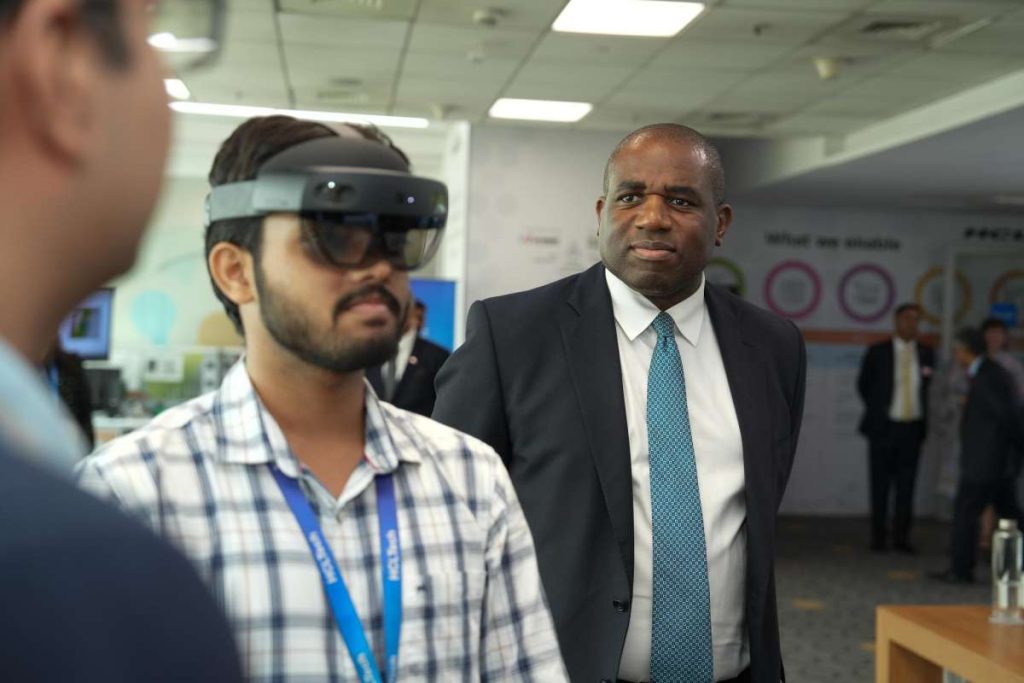
Before understanding the TSI and its dynamics it may well be worth delving a little into how the Labour Party perceived India in the past. Prime Minister Narendra Modi’s image appeared in a party leaflet in 2021 for a by-election in north England. The message that appeared below Modi’s picture in a handshake with Boris Johnson, former PM and Tory MP read, “Don’t risk a Tory MP who is not on your side”. While this was a political party’s slogan, it did not get the public eye until Conservative MP Richard Holden posted this image on twitter. The social media conversation that followed raised the question, whether PM Starmer would not be photographed having a handshake with PM Modi? Further, positions taken by the party on Kashmir, in particular the 2019 demand for self-determination for Kashmiris, did create waves.
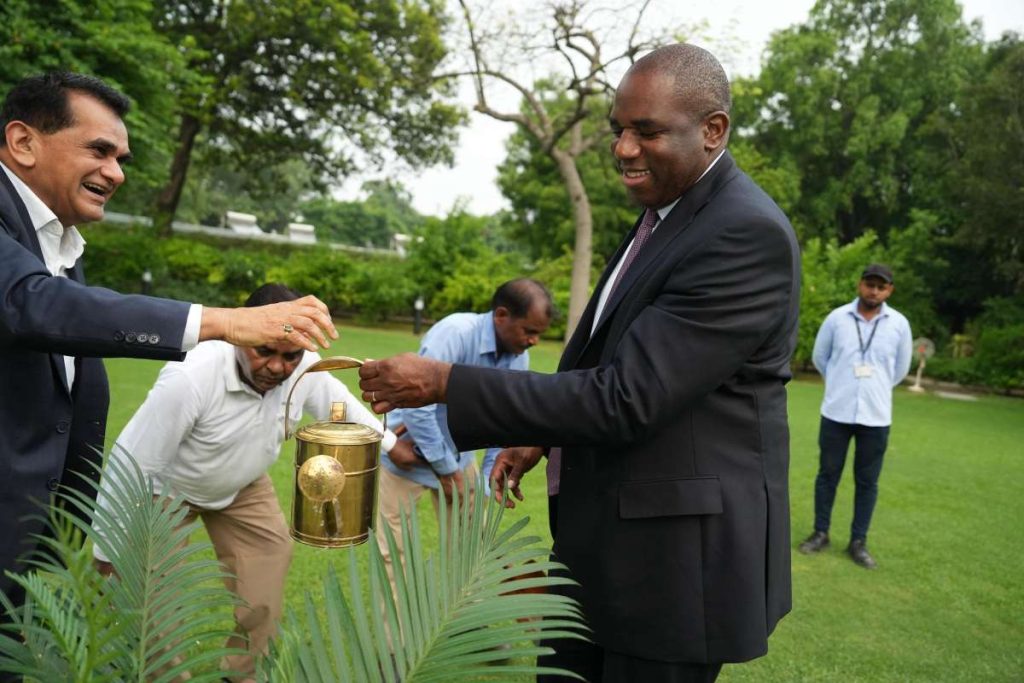
From an Indian perspective, governments in the UK have traditionally shown tacit support for pro-Khalistan elements. The attacks, last year, on the Indian High Commission were symptomatic of this phenomenon. Therefore, it is important for the UK to understand the Indian perspective on how these things are handled and play out. PM Starmer has recently made remarks seeking a more solid relationship with India. During a meeting with the Labour Friends of India he said: “Any constitutional issues in India are a matter for the Indian Parliament and Kashmir is a bilateral issue for India and Pakistan to resolve peacefully.” The Party’s manifesto in 2024 promised to seek a “new strategic partnership with India”. Of greater importance therefore, is signaling by the new Labour Party government seen from a strategic perspective, of taking the initiative to get the TSI going.
It may be mentioned by way of background that in July this year, India and the UK released a Fact Sheet that highlighted the key issues underlying the TSI. There are seven issues covering Telecom, Minerals, Semiconductors, AI, Quantum, Biotechnology and Health Tech and Advanced materials. Significantly, it aims to bring together collaboration in critical and emerging technologies across priority sectors. As in the case of the India-US iCET framework, the India-UK TSI will also be coordinated by the National Security Advisors. This is important as this is a multiple stakeholder initiative and the NSAs have the task of setting the priority areas for cooperation.
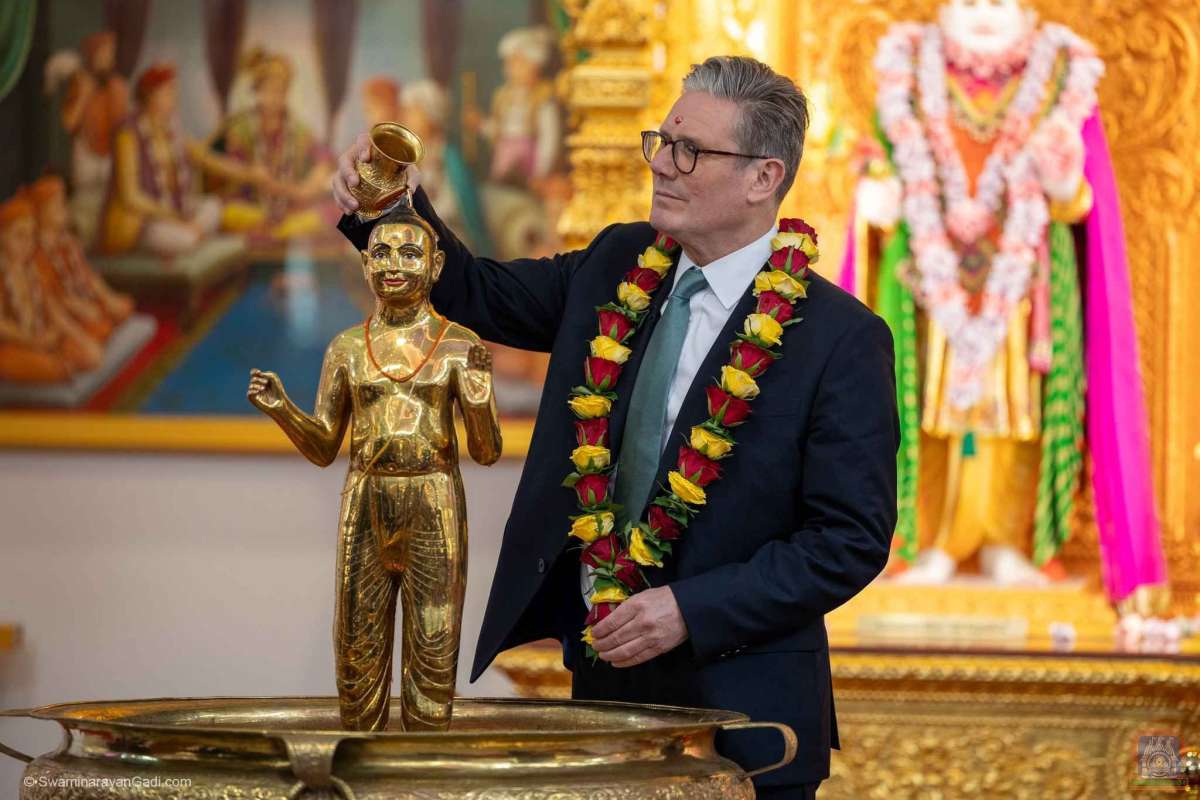
The UK’s S&T initiatives and research in Universities is an excellent start point for iCET collaboration and as technology is today the biggest strategic determinant of economic growth, both countries will work towards capitalizing their strengths in each of the seven areas identified in the Fact Sheet. The interaction between academia and industry on both sides will increase and it is expected that deeper strategic understanding of each nation’s security perspectives will emerge from the TSI. But more importantly, the cooperation must extend horizontally throughout the eco-system of R&D and industry.
On specific areas, it is worth mentioning that TSI seeks to build an enhanced “Future Telecoms (bilateral) Partnership” focused on joint research, including on open radio access network (open RAN) systems, testbed linkups, telecoms security, and the like. Further, in critical minerals, India and the UK propose to expand collaboration and policy exchanges on their critical mineral strategies. They will work towards improving supply chain resilience, explore R&D and technology partnerships in the critical minerals value chain. Artificial Intelligence (AI) is one of the other areas in which both nations are committed to collaborate. India and the UK will work together to establish interoperable AI governance frameworks and collaborate in international forums, states the Fact Sheet. The potential of quantum computing will also be explored through a high-level dialogue.
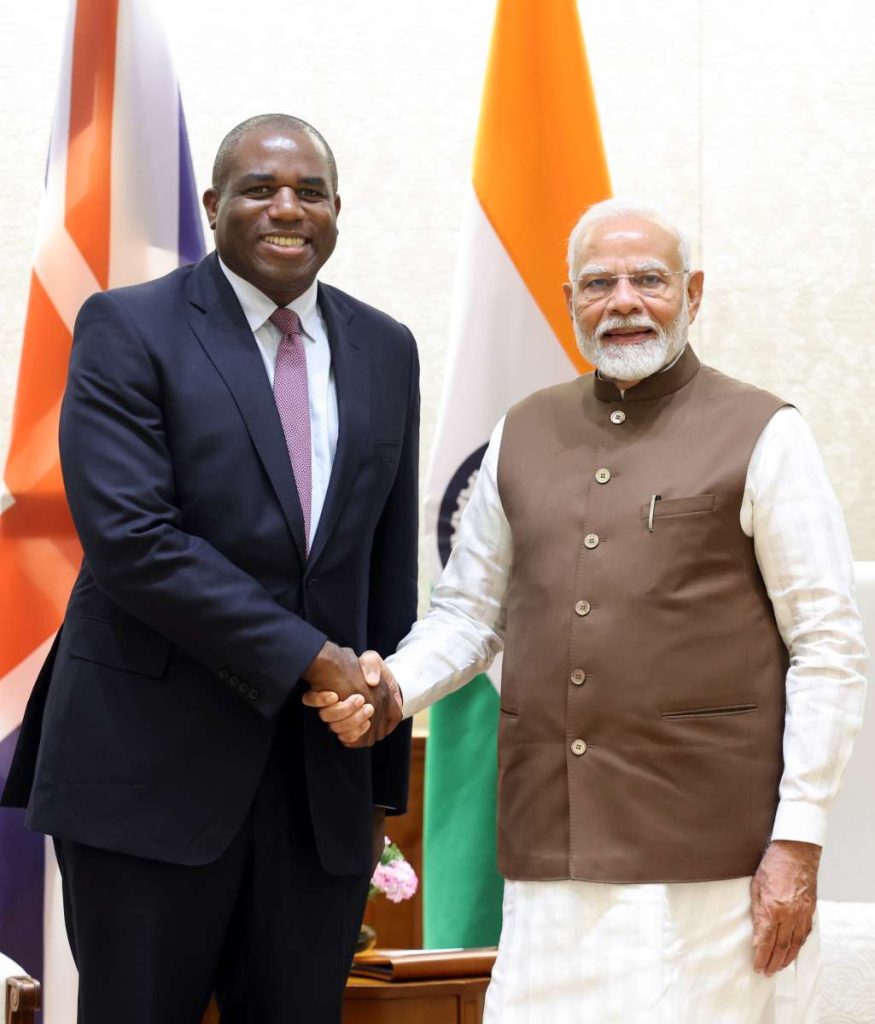
There is thus much on the table and it is expected that while the NSA’s of India and the UK will set the priorities, their deputies will review the progress made on a six-monthly basis. This functional imperative will underpin the narrative. However, the larger political picture of bilateral ties is yet to be tested. TSI will undoubtedly provide the strategic rationale for the upswing in India-UK relations, but the attitude of the UK will come out in the open when it comes to issues like Khalistan. Like Canada, where a minority of Sikhs have hijacked the agenda, with negative consequences for bilateral relations, the UK will need to tread carefully. In the long run, a watch and wait policy will need to be adopted to see how bilateral ties develop in the future. The TSI opens a window of opportunity for the new government in the UK to re-build the foundations of a strong partnership with India.
ALSO READ: A PM committed to South Asian Communities


